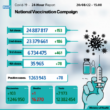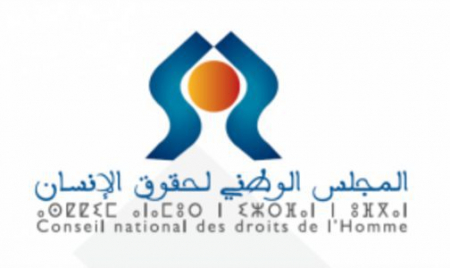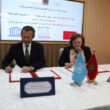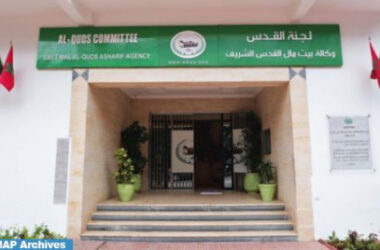Presented Wednesday at the headquarters of the CNDH in Rabat, the report indicated that the first challenge is to complete all components of the social protection project, noting that the process of generalization of compulsory health coverage is of particular importance because it is the cornerstone of the social protection system “which allows individuals and families to cope with the financial effects due to health-related risks”.
The process of generalization of compulsory health coverage “remains insufficient to ensure effective and efficient protection against the remaining social risks,” added the report, noting favorably, in this context, the compliance with the deadlines set by the framework law No. 09.21 on social protection.
The second challenge, according to the report, concerns the adoption of a fair and sustainable solidarity financing with the contributory system as a funding mechanism for this project, while the third concerns the acceleration of efforts to rehabilitate the health system notwithstanding the increase in the health sector budget to 28 billion dirhams during the budget year 2023 which remains below the standards of the World Health Organization.
In this regard, the CNDH stressed in its report the need to take concrete measures to strengthen the attractiveness of health professions in order to stop the emigration of doctors, nurses and other health professionals, given the global competition for these cadres in the post-pandemic context.
The Council also recalled that the success of the generalization of medical coverage is dependent on the adoption of a pharmaceutical policy ensuring the supply of quality drugs within the reach of the purchasing power of all, especially for the poor and vulnerable categories, in addition to the development of hospital infrastructure and human resources necessary to ensure effective access to the right to medical coverage for all.










